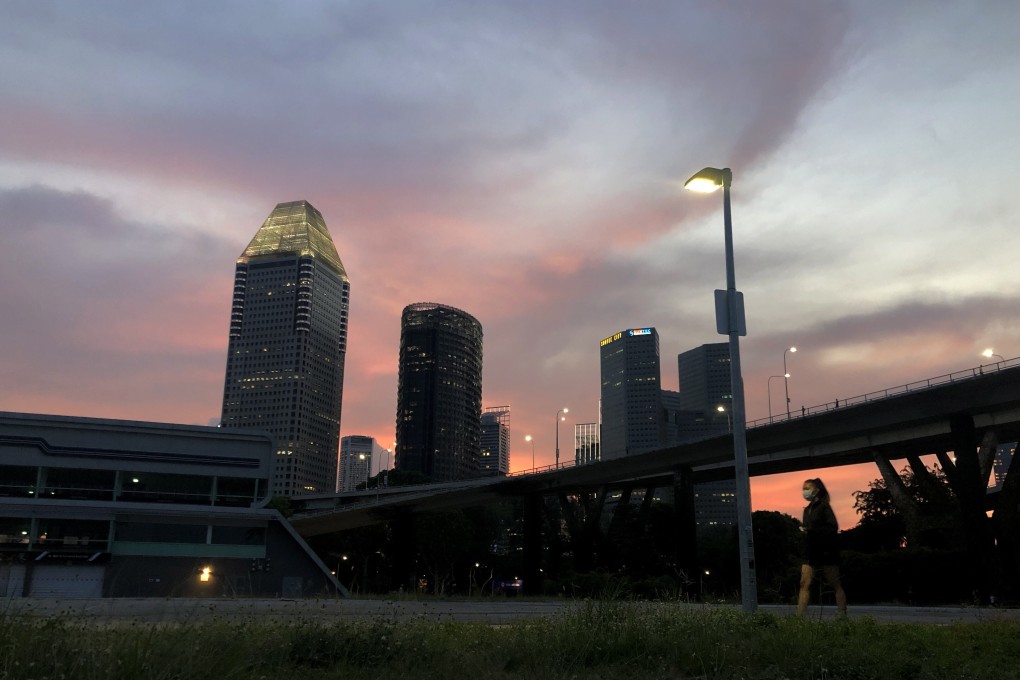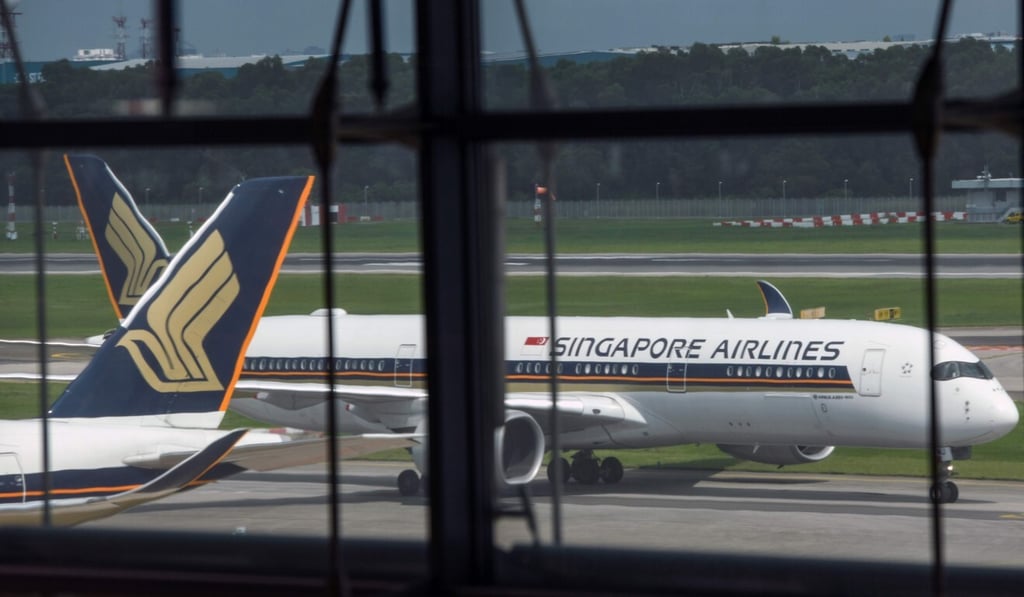In Singapore, expatriates hit by coronavirus pay cuts, lay-offs fear for future
- Foreign workers are expected to bear the brunt of the 200,000 redundancies economists forecast will be made in the city state by the end of the year
- Some have already seen their jobs disappear, while others struggle to make ends meet as employers faced with a looming recession look to cut costs

A request to reduce the S$2,700 (US$1,948) they pay in rent each month was rejected by their landlord, leaving Liv to try to find ways to stretch the remainder of her husband’s monthly pay packet – now S$6,000 before rent is paid.
She shops at the wet market instead of the supermarket, buys regional ingredients rather than those imported from the West and manages the household while looking after their 17-month-old son without domestic help. “It’s not cheap living here,” she said. “We’re taking from our savings for our normal expenses. How many months can you live on your savings?”

“I was in shock and denial and very angry,” Sabrina said. “Basically, all families from the company were being asked to repatriate and only essential people that needed to stay to continue the business in Singapore or with China would remain.”